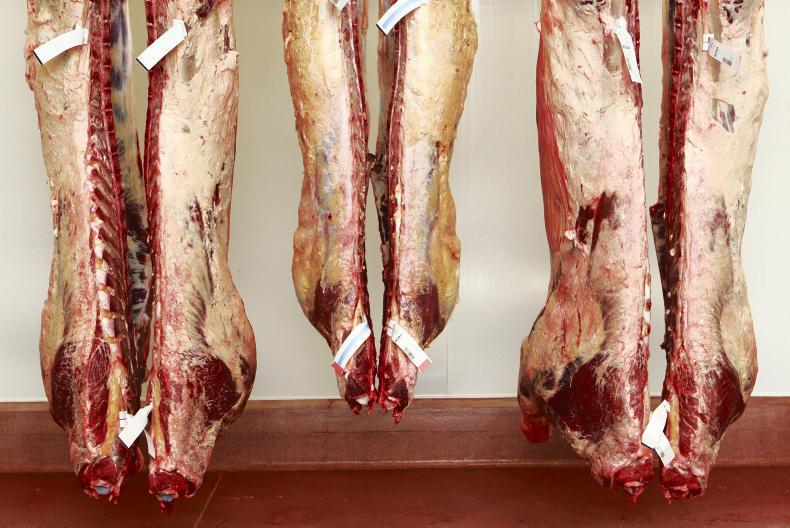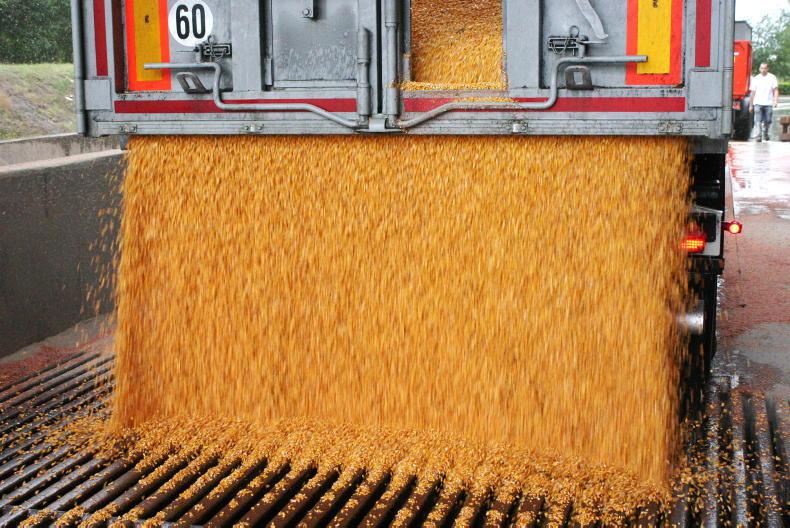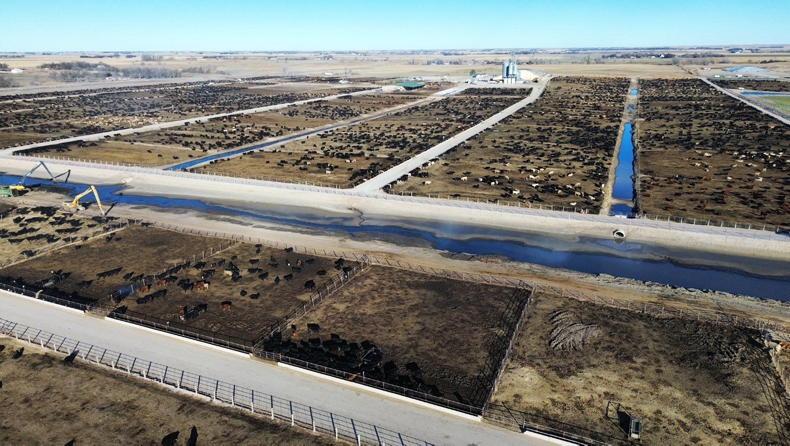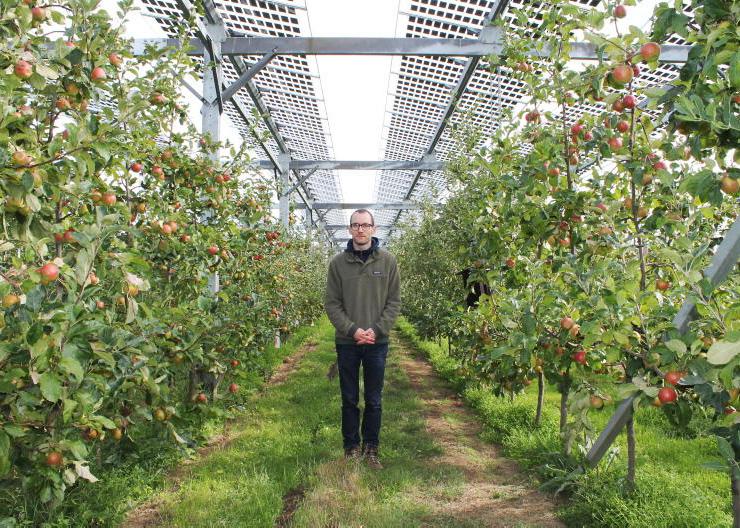The reception Meat Industry Ireland (MII) representatives received at the recent Dáil COVID-19 committee gave an insight into the public's impression of the industry. One TD went as far as telling the MII delegation that meat factories “are the bad boys here”.
Given the nature and structure of a meat factory, it was a challenge to minimise the risk of COVID-19 spreading. Despite some temporary closures, the industry kept going, which enabled orderly marketing of livestock.
Factory scrutiny
Clearly the operations of meat factories must be subject to scrutiny and were under the supervision of the Department of Agriculture and the direction of the Health and Safety Authority (HSA) specifically on the operation of COVID-19 testing after the outbreaks occured.
However, closing the meat plants would have hugely disrupted the farmer supply chain. It was a good outcome for farmer suppliers of beef, pigs and sheep, a beneficial outcome for the economy and consumers who had shelves restocked with mince as soon as they were cleared.
Image
This is a question of image. All sectors of the Irish economy, including agri food, need constantly to remind the Government and society of their relevance regarding their contribution to economic activity. The foreign direct investment (FDI) sector is the most positive sector doing this and has largely convinced Government and media of its positive contribution and relevance to the Irish economy, represented by a €220bn export/GDP figure.
All sectors of the Irish economy, including agri food, need constantly to remind the Government and society of their relevance
As a result, little attention is given to its actual expenditure in the Irish economy of just €20bn. Somehow, the value of the agri food sector, in terms of transactions that support Irish jobs and the Irish economy activity, which is every bit as relevant to the real performance of the Irish economy as the FDI sector, is lost.
FDI versus domestic industry
What perceived relevance means for the FDI sector is that their competitive advantage is supported by long-term policy supports, such as the low corporation tax regime and is not given away in trade deals or doesn’t have its value undermined by retail dominance and below-cost selling. The State even supported Apple in contesting a case against the EU that could have meant a payment to Ireland Inc of €13.5bn.
The State even supported Apple in contesting a case against the EU that could have meant a payment to Ireland Inc of €13.5bn
Meanwhile, the Irish meat industry is the fifth biggest global exporter of beef, with €2.3bn in annual exports to 75 different countries, provider of 13,000 direct jobs, and buys cattle to the value of €2bn annually, providing income for 65,000 beef farmers. Yet there is the perception that farming and the wider meat industry is a negative for Ireland, and a major contributor to the worlds GHG emissions. Indeed, the only positive portrayal of agriculture over the recent pandemic period has come from NDC, which reminded consumers that the dairy sector had continued to “get up early” to provide much needed nutrition during lockdown.
Preferred industry
Over the next six months, there will be lots of debate about the relevance of particular industries and policies, as Ireland attempts to reboot its economy following the COVID-19 lockdown (as difficult as that is given the differential impacts across major sectors). There is also the very tough, undeniably negative, Brexit scenario, while positioning the Irish economy for decarbonisation challenges in the medium term.
The positive relevance of the multinational sector will be front and centre of all Irish economy reboot conversations
It is very likely that the positive relevance of the multinational sector will be front and centre of all Irish economy reboot conversations, and indeed, will have been largely re-energised by the Apple tax ruling. Yet very clearly, these sectors, like agriculture, face huge challenges such as the continuing pressure on low-tax countries like Ireland, the need to revise digital companies tax payments in general, plus the monopoly status of Google, Facebook and Amazon. What will relevance look like for the meat and - to a slightly lesser extent - the dairy sector?
If it continues to be negative, then the positive contribution of the sector to the economy will not be heard, while the impact of Brexit and climate change may well be perceived as being the final nails in the sector's coffin. The fundamental question has to be who gains from this negativity? Certainly not farmers or rural communities.
Read more
Reboot needs a broad range of economic stimuli
Irish agriculture's resilience stands us in good stead for COVID-19 recovery
Stark difference between GDP economy and the job supporting economy
The reception Meat Industry Ireland (MII) representatives received at the recent Dáil COVID-19 committee gave an insight into the public's impression of the industry. One TD went as far as telling the MII delegation that meat factories “are the bad boys here”.
Given the nature and structure of a meat factory, it was a challenge to minimise the risk of COVID-19 spreading. Despite some temporary closures, the industry kept going, which enabled orderly marketing of livestock.
Factory scrutiny
Clearly the operations of meat factories must be subject to scrutiny and were under the supervision of the Department of Agriculture and the direction of the Health and Safety Authority (HSA) specifically on the operation of COVID-19 testing after the outbreaks occured.
However, closing the meat plants would have hugely disrupted the farmer supply chain. It was a good outcome for farmer suppliers of beef, pigs and sheep, a beneficial outcome for the economy and consumers who had shelves restocked with mince as soon as they were cleared.
Image
This is a question of image. All sectors of the Irish economy, including agri food, need constantly to remind the Government and society of their relevance regarding their contribution to economic activity. The foreign direct investment (FDI) sector is the most positive sector doing this and has largely convinced Government and media of its positive contribution and relevance to the Irish economy, represented by a €220bn export/GDP figure.
All sectors of the Irish economy, including agri food, need constantly to remind the Government and society of their relevance
As a result, little attention is given to its actual expenditure in the Irish economy of just €20bn. Somehow, the value of the agri food sector, in terms of transactions that support Irish jobs and the Irish economy activity, which is every bit as relevant to the real performance of the Irish economy as the FDI sector, is lost.
FDI versus domestic industry
What perceived relevance means for the FDI sector is that their competitive advantage is supported by long-term policy supports, such as the low corporation tax regime and is not given away in trade deals or doesn’t have its value undermined by retail dominance and below-cost selling. The State even supported Apple in contesting a case against the EU that could have meant a payment to Ireland Inc of €13.5bn.
The State even supported Apple in contesting a case against the EU that could have meant a payment to Ireland Inc of €13.5bn
Meanwhile, the Irish meat industry is the fifth biggest global exporter of beef, with €2.3bn in annual exports to 75 different countries, provider of 13,000 direct jobs, and buys cattle to the value of €2bn annually, providing income for 65,000 beef farmers. Yet there is the perception that farming and the wider meat industry is a negative for Ireland, and a major contributor to the worlds GHG emissions. Indeed, the only positive portrayal of agriculture over the recent pandemic period has come from NDC, which reminded consumers that the dairy sector had continued to “get up early” to provide much needed nutrition during lockdown.
Preferred industry
Over the next six months, there will be lots of debate about the relevance of particular industries and policies, as Ireland attempts to reboot its economy following the COVID-19 lockdown (as difficult as that is given the differential impacts across major sectors). There is also the very tough, undeniably negative, Brexit scenario, while positioning the Irish economy for decarbonisation challenges in the medium term.
The positive relevance of the multinational sector will be front and centre of all Irish economy reboot conversations
It is very likely that the positive relevance of the multinational sector will be front and centre of all Irish economy reboot conversations, and indeed, will have been largely re-energised by the Apple tax ruling. Yet very clearly, these sectors, like agriculture, face huge challenges such as the continuing pressure on low-tax countries like Ireland, the need to revise digital companies tax payments in general, plus the monopoly status of Google, Facebook and Amazon. What will relevance look like for the meat and - to a slightly lesser extent - the dairy sector?
If it continues to be negative, then the positive contribution of the sector to the economy will not be heard, while the impact of Brexit and climate change may well be perceived as being the final nails in the sector's coffin. The fundamental question has to be who gains from this negativity? Certainly not farmers or rural communities.
Read more
Reboot needs a broad range of economic stimuli
Irish agriculture's resilience stands us in good stead for COVID-19 recovery
Stark difference between GDP economy and the job supporting economy










SHARING OPTIONS